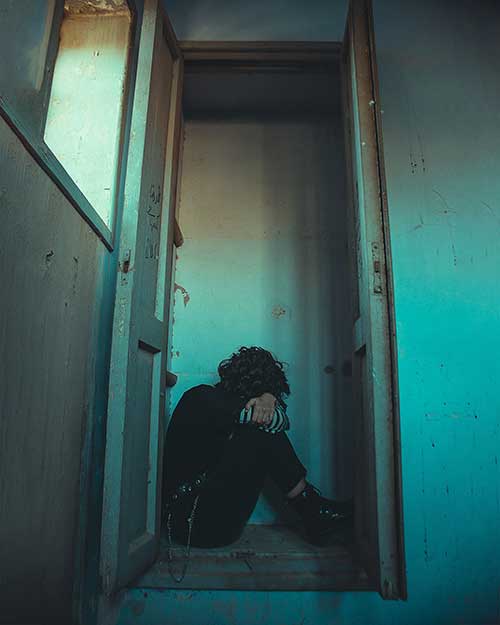Suicide Awareness & Prevention

Mental health problems exist in our lives, families, workplaces and communities, impacting everyone. We need to do as much as possible to prevent mental ill-health as individuals and as a society. We need to talk about mental health, in general, how we need to look after it, and how important it is to talk about things and get help if one is struggling.
Another important aspect of concern in our country is the rising rate of suicides. About 800,000 people die by suicide worldwide every year. Suicides in India rose 10 per cent from 2019 to an all-time high of 1,53,052 in the pandemic year of 2020, with student suicides seeing the highest percentage increase at 21.20 per cent, according to the latest data from the National Crime Records Bureau (NCRB). In 2019, Maharashtra recorded the highest number of deaths by suicide followed by Tamil Nadu, West Bengal, Madhya Pradesh and Karnataka. These five states together accounted for almost half the total suicides recorded in India in that year. The male-to-female suicide ratio is around 70.2:29.8, which means that the number of men committing suicide is three times higher than that of women.
Factors contributing to suicide in India in 2020
| Contributing Factors | Percentage |
|---|---|
| Family problems | 32.4 |
| Illness | 17.1 |
| Drug abuse/alcohol addiction | 5.6 |
| Marriage-related issues | 5.5 |
| Love affairs | 4.5 |
| Bankruptcy or indebtedness | 4.2 |
| Failure in examination | 2.0 |
| Unemployment | 2.0 |
| Professional/career problem | 1.2 |
| Property dispute | 1.1 |
| Death of a loved one | 0.9 |
| Poverty | 0.8 |
| Suspected/illicit relation | 0.5 |
| Fall in social reputation | 0.4 |
| Impotency/infertility | 0.3 |
| Other causes | 11.1 |
| Causes not known | 10.3 |

Subscribe to The Teenager Today print / digital editions to read the full article.
Dr Alisha Lalljee is a Psychologist (M.A.), Special Educator (M.Ed) and Psychotherapist. She holds an MBA in Clinical Research and Hospital Management.

